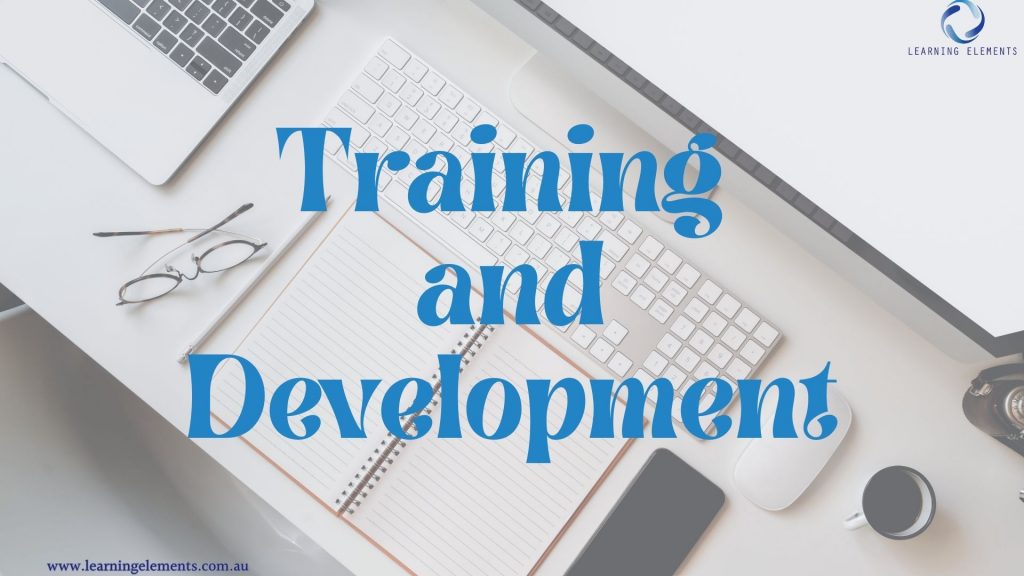Advice I Gave My Daughter This Morning
I walked into my daughter’s room and noticed she was looking particularly sad, which was surprising as minutes earlier, I’d heard her happily playing.
She had made a decision, which to her, was a bad one. She had cut Barbie’s hair off and regretted it almost immediately. Part of the problem was that she realised she had repeated the bad decision and recalled feeling sad the previous time she’d cut some other Barbie’s hair, which amplified the current situation.
My daughter is 6, and to her, it would’ve felt like the worst thing ever to happen at that moment.
So I told her that she didn’t need to be in her room, feeling sad by herself. She can come to me or go to her Dad to work through the problem together.
Looking at the situation afterwards through a training and development lens, I started to think about how often someone in the workplace may make a wrong decision, repeat it, and then be put on a PIP. Performance management, training, mentoring or coaching can not change behaviours in an individual, especially when, as a manager, trainer or coach, you don’t understand what is driving the behaviour.
Most people who repeat mistakes feel pretty bad about it and may be quite hard on themselves. As a manager, coach or trainer who is providing training and development support, it’s important to convey to team members that they don’t need to feel sad/down…[insert relevant emotion] by themselves.
The Importance of Support in Training and Development
I’ve been working in the learning and development field for a long time, and there have been times when I was unsure how to support someone’s training and development needs. Reaching out to a peer or someone in my support network and asking for their insights would help me to be able to help someone else. Sometimes just talking about the challenge out loud would make the solution stand out.
The point of this is that, at times, we will repeat mistakes, we may or may not have the ability to work through the drivers, and it’s ok. But what we need to remember is that we don’t need to feel bad about whatever the issue is by ourselves. Training and development is not only for updates, cross-skilling, and re-skilling. It’s a great way to feel supported!
The Vital Role of Support in Training and Development
Support plays a pivotal role in training and development by fostering a sense of encouragement and motivation. When individuals feel supported, they are more likely to approach challenges with confidence and perseverance. Whether it’s a new employee stepping into their role or an experienced professional seeking to expand their skill set, having a supportive network can make a world of difference in their journey.
One of the key benefits of support in training and development is the provision of valuable guidance and feedback. Mentors, coaches, and trainers who offer support can provide valuable insights, helping individuals understand their strengths and areas for improvement. They can offer constructive feedback, identify learning opportunities, and provide guidance on overcoming obstacles. This support not only accelerates learning but also instills a sense of accountability and personal growth.
Furthermore, a supportive environment in training and development nurtures a sense of belonging and teamwork. When individuals feel that their growth is valued and supported, they are more likely to engage actively in collaborative efforts. Peer-to-peer support and collaboration can lead to knowledge sharing, diverse perspectives, and enhanced problem-solving abilities. It fosters a culture of continuous learning and encourages individuals to support each other’s development journeys.
Moreover, support in training and development is crucial for emotional well-being, especially when facing new challenges. A strong support system ensures individuals never feel isolated or discouraged, providing opportunities to share concerns, seek advice, and receive encouragement, ultimately reducing stress and increasing resilience. Additionally, support establishes a foundation for ongoing growth, fostering a culture that values continuous learning, professional development, and skill enhancement. This proactive approach benefits individuals and contributes to organisational success.
Check out more of our insightful blogs and discover how our resources can empower you on your personal and professional journey!
Feel FREE to Talk to Us!




